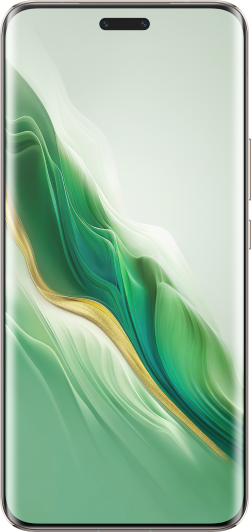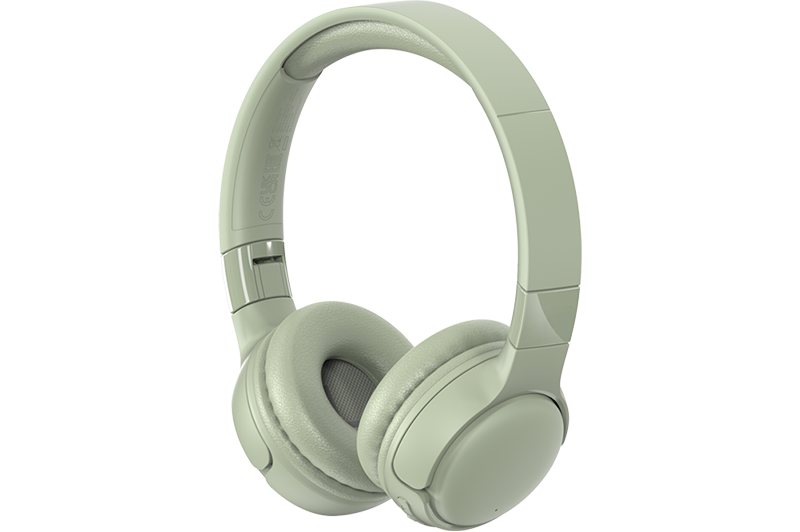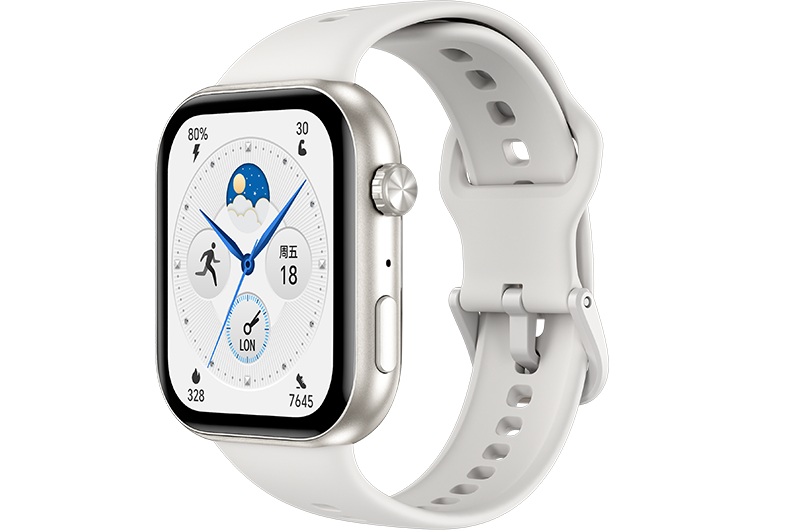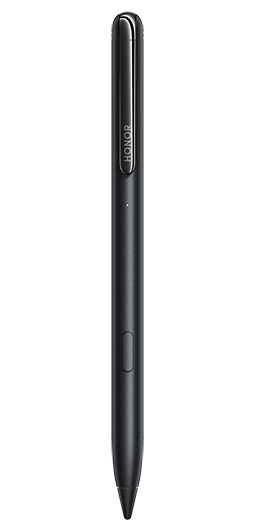TOP

我的荣耀 开启荣耀之旅
To log in to your account, you must first agree to the HONOR PLATFORM TERMS OF USE and HONOR Platform Privacy Statement . If you do not agree, you may only browse the site as a guest.
*You can unsubscribe at any time, Please see our Privacy Statement for details.
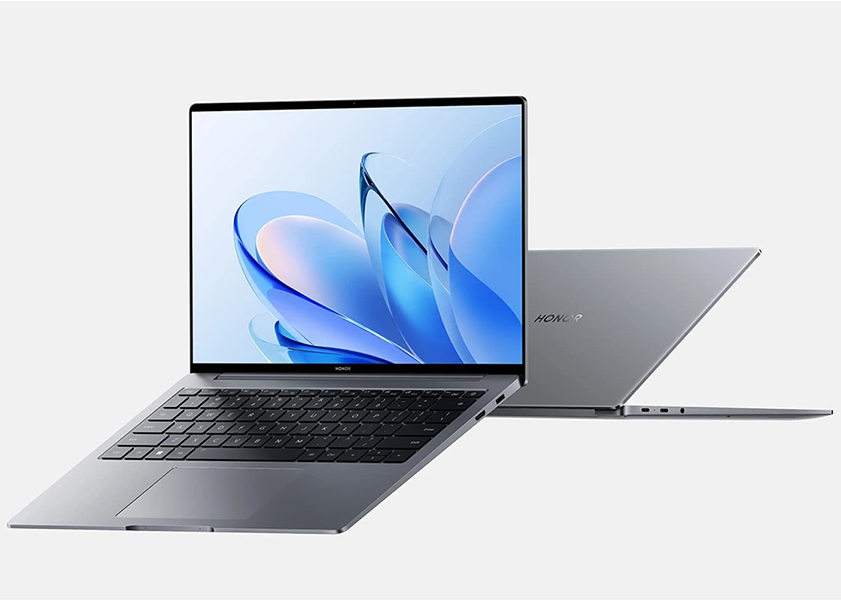
Difference Between Laptop and Desktop: Unveiling the Key Distinctions
When it comes to choosing a computer, the decision often boils down to two primary types: laptops and desktops. Each of these computing devices has its own set of features, advantages, and limitations. This introduction aims to shed light on the fundamental differences between laptop and desktop, helping users understand which might better suit their needs. From their physical design to their performance capabilities, we will explore how these devices vary and what makes each of them unique in the world of computing.
What is a Laptop?
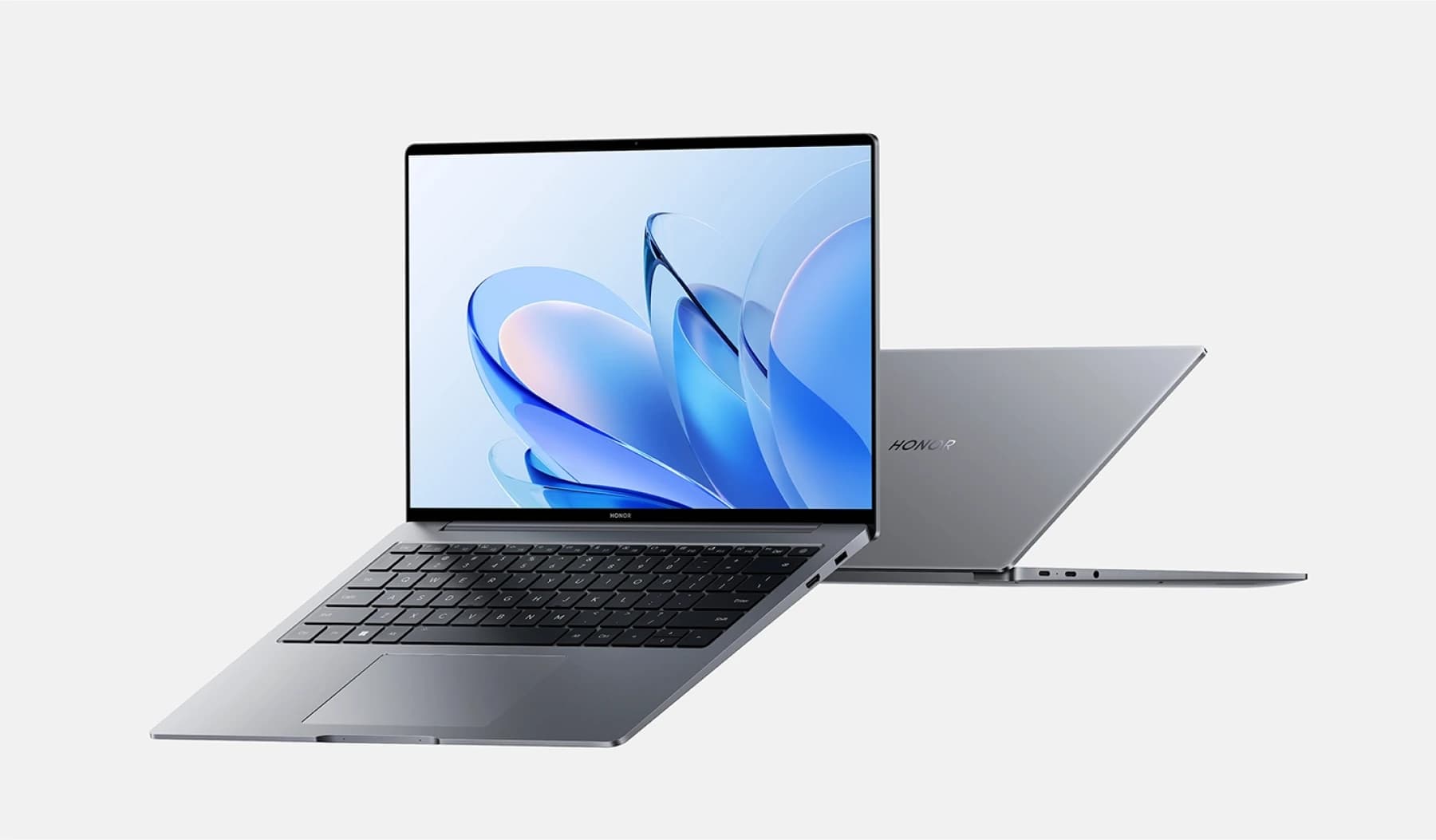
A laptop, epitomizing the essence of portability and convenience, is a compact personal computer designed for mobility. Unlike its stationary counterparts, a laptop integrates all essential components – including a keyboard, display, and processor – into a single, sleek unit. It stands out for its lightweight design, often weighing less than five pounds, and its ability to operate on battery power, liberating users from the confines of a fixed location. Ideal for individuals on the move, laptops are a testament to modern technology's strides, offering a balance of power and portability. They cater to a diverse range of needs, from business tasks to multimedia entertainment, making them a versatile choice in the realm of computing.
What is a Desktop?
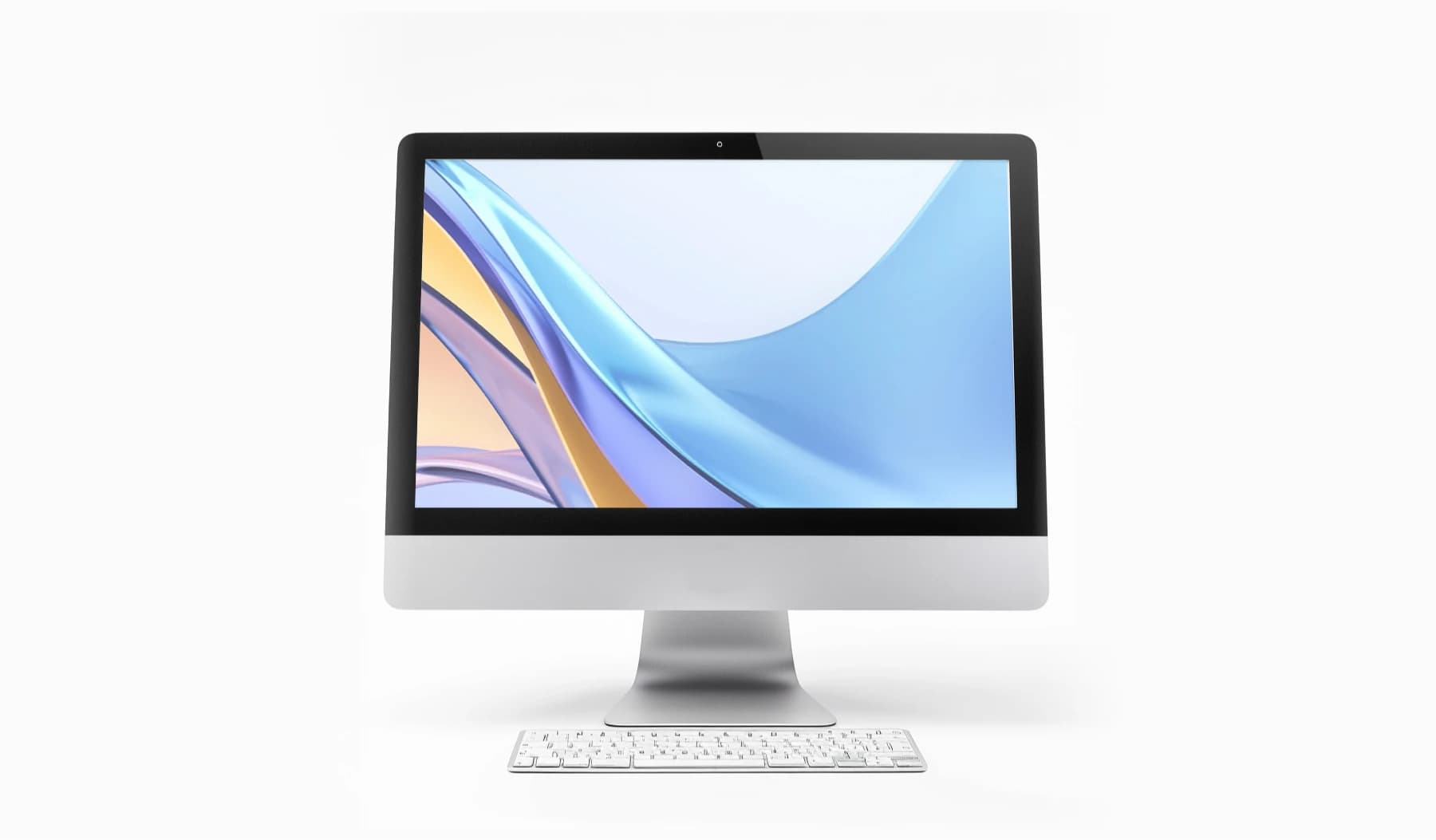
In the realm of personal computing, a desktop is a stalwart, often preferred for its robust performance and expansive capabilities. Characterized by its stationary nature, a desktop computer typically comprises several distinct components: a central processing unit (CPU), monitor, keyboard, and mouse. This configuration allows for significant customization and upgradeability, offering users the freedom to enhance various aspects, such as graphics performance or storage capacity. Desktops excel in environments where power and reliability are paramount, such as in professional workstations, gaming setups, and home offices. Their enduring appeal lies in their ability to accommodate heavy-duty tasks and complex software with ease, making them an indispensable tool for those seeking a powerful computing experience.
How is a Laptop Different from a Desktop?
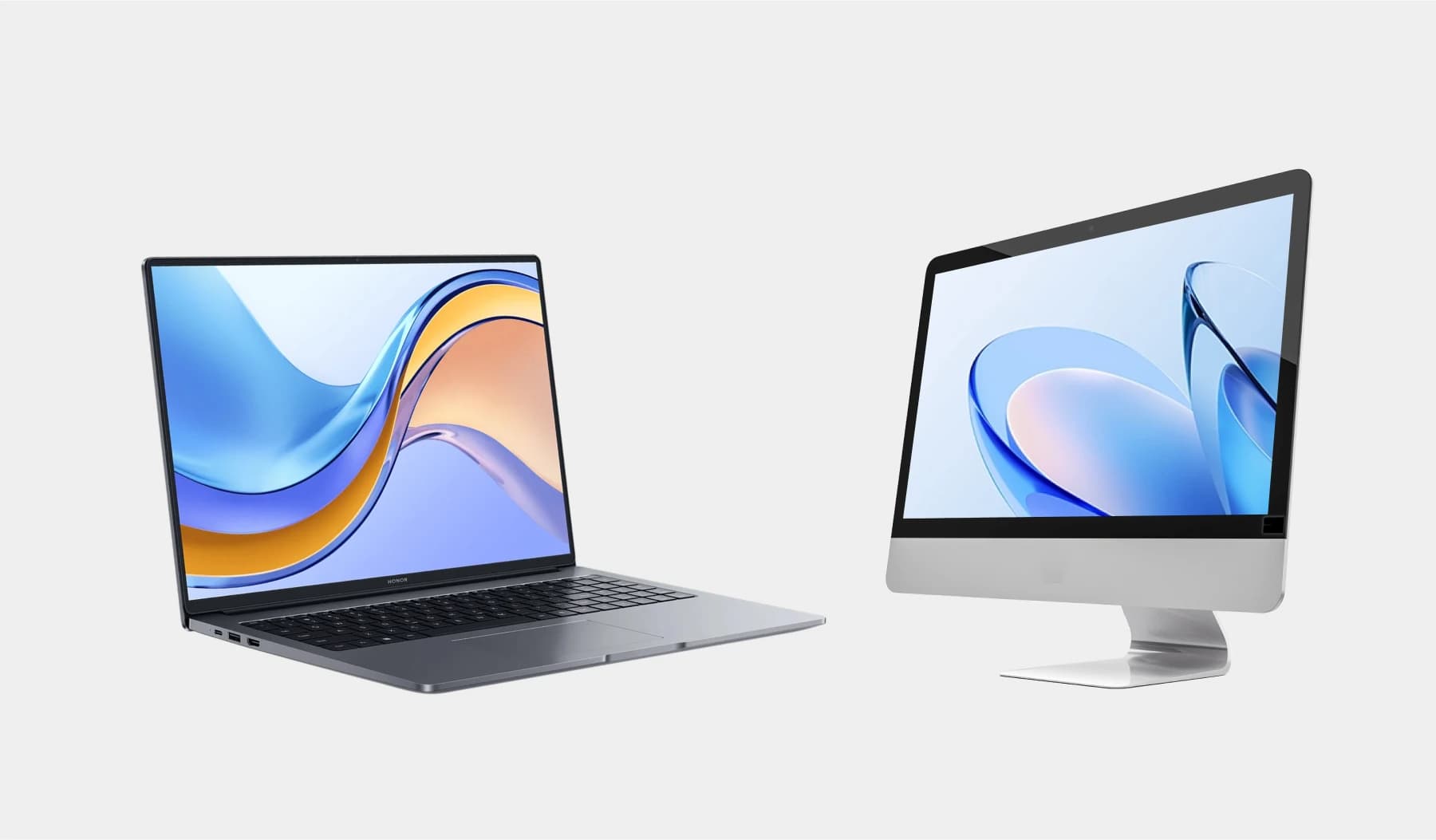
Laptops and desktops, fundamental elements in computing, showcase significant differences in numerous aspects. In this exploration, we'll integrate a focus on the difference between a laptop and desktop computer, examining factors such as design, performance, and more, to offer a lucid comprehension of each category's unique attributes and functionalities.
Design &Form Factor
We see that laptops integrate the monitor, keyboard, and computer into a single, streamlined unit, known for its slim profile and lightweight. In contrast, desktops consist of separate components - a tower, monitor, keyboard, and mouse, each more substantial in size. This divergence in design not only affects their appearance but also plays a crucial role in their overall functionality.
Performance
In terms of performance, we find desktops often have the upper hand due to their larger size, which allows for more powerful hardware and better heat dissipation. Laptops, while they have made significant strides in performance, still tend to lag slightly behind desktops, especially in demanding tasks like high-end gaming or complex data processing, due to thermal and space constraints.
Power
Laptops are engineered for energy efficiency, operating on battery power and choosing components that balance power consumption with performance. Desktops, not limited by battery life, tend to use more power but provide enhanced performance capabilities.
Upgradeability
We see a stark difference in upgradeability. Desktops offer greater flexibility, allowing for easier upgrades and replacements of components like RAM, storage, and graphics cards. Laptops, constrained by their compact design, often have limited upgrade options, making them less adaptable to future technological advancements.
Maintenance
For maintenance, desktops allow easier access to internal components, making tasks like cleaning and part replacement more straightforward. Laptops, with their compact and integrated nature, are generally more challenging to maintain and often require professional servicing for complex issues.
Price Points
Finally, when it comes to price points, we observe a wide spectrum for both laptops and desktops. However, for equivalent performance levels, desktops usually present a more cost-effective option, whereas laptops command a premium for their portability and integrated design.
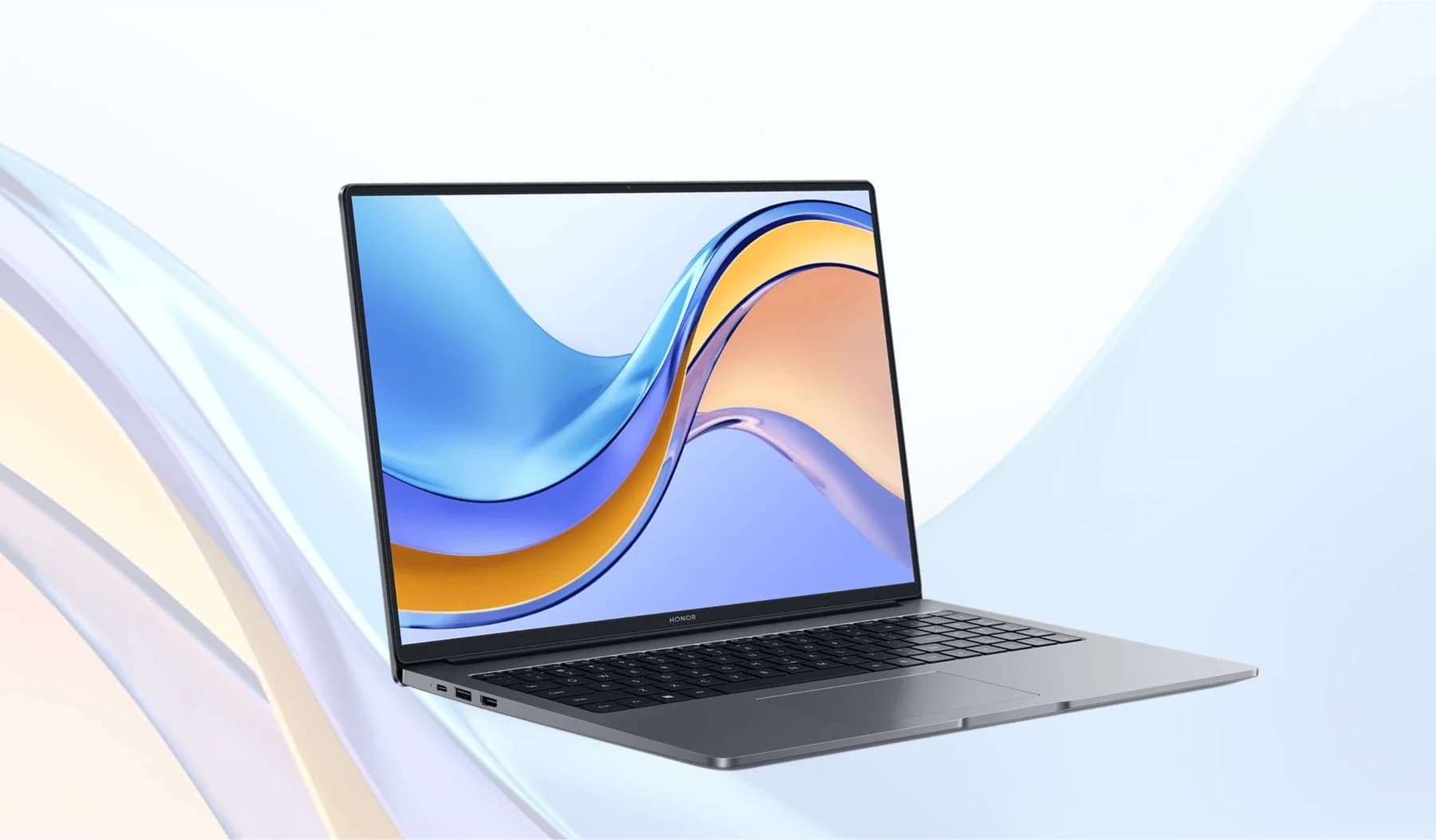
While laptops and desktops serve the same fundamental purpose, they cater to different needs and preferences, each with its own strengths. The HONOR MagicBook X 16 exemplify the advancements in laptop technology, narrowing the gap in areas like performance and upgradeability, while maintaining their inherent advantages in portability and design. Understanding these differences between a laptop and desktop helps in choosing the right type of computer for specific needs and lifestyles.
Conclusion
The choice between a laptop and a desktop hinge on individual preferences, priorities, and usage patterns in the dynamic landscape of computing. Laptops cater to users valuing portability, making them indispensable for professionals, students, and those prioritizing on-the-go computing. On the flip side, desktops appeal to users seeking high performance, customization, and extended lifespan. Ideal for gaming enthusiasts and content creators, desktops' modular design, powerful hardware, and cost-effectiveness make them suitable for resource-intensive computing needs.
Understanding this difference between laptop and desktop is crucial for making an informed decision tailored to specific requirements and preferences.
FAQ
Can I upgrade components in both laptops and desktops?
Yes, both laptops and desktops support component upgrades, but the extent to which you can upgrade varies significantly. Laptops are generally less upgradeable, with limited options for replacing components like RAM and storage. Desktops, with their modular design, offer extensive upgradeability. Users can easily replace or upgrade the CPU, GPU, RAM, and storage to keep their systems up to date.
Do laptops and desktops have the same lifespan?
The lifespan of laptops and desktops can vary based on factors such as usage patterns, maintenance, and technological advancements. Desktops often have a longer lifespan due to their upgradeability, allowing users to adapt to evolving software requirements. Laptops, being less upgradeable, may become outdated sooner. Proper maintenance, such as cooling system care and regular cleaning, can extend the lifespan of both devices.
Which is better for business use, laptops, or desktops?
The choice between laptops and desktops for business use depends on the specific needs of the business and its employees. Laptops offer mobility, making them suitable for professionals who need to work on the go or attend meetings outside the office. Desktops, with their powerful performance and upgradeability, are ideal for tasks that demand high processing power, such as data analysis or graphic design. Ultimately, the decision should align with the business's workflow and the requirements of its employees.
Source: HONOR Club

Subscribe For Updates - Special Offers And More.
By providing your email address, you consent to receive the latest offers and information on Honor products, events and services through email or advertisement on third-party platforms. You can unsubscribe anytime according to Chapter 5 of HONOR Platform Privacy Statement.
Consumer hotline

80004444408 Monday to Sunday,9:00am-9:00pm
ae.support@honor.comCopyright © HONOR 2017-2025.All rights reserved.
We use cookies and similar technologies to make our website work efficiently, as well as to analyze our website traffic and for advertising purposes.
By clicking on "Accept all cookies" you allow the storage of cookies on your device. For more information, take a look at our Cookie Policy.
Functional cookies are used to improve functionality and personalization, such as when playing videos or during live chats.
Analytical cookies provide information on how this site is used. This improves the user experience. The data collected is aggregated and made anonymous.
Advertising cookies provide information about user interactions with HONOR content. This helps us better understand the effectiveness of the content of our emails and our website.











